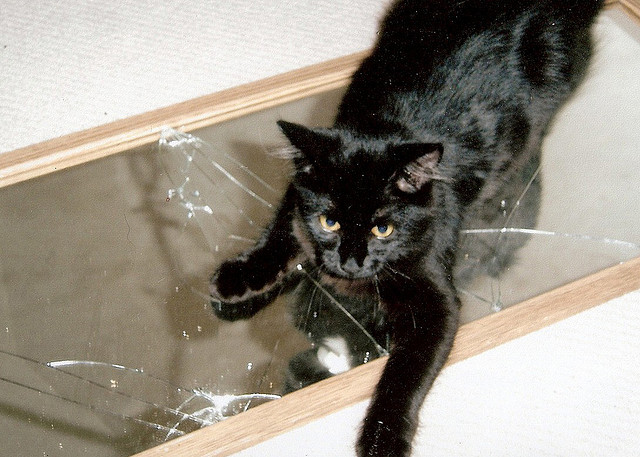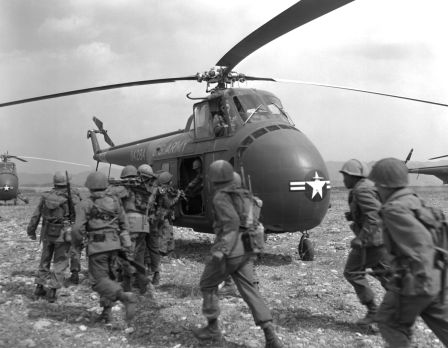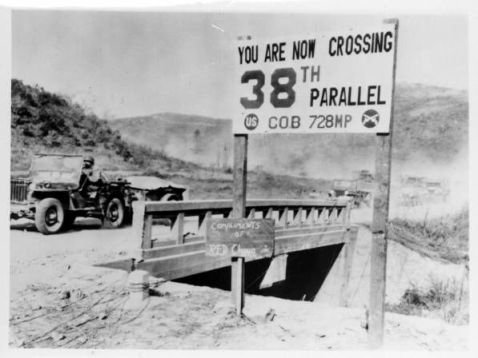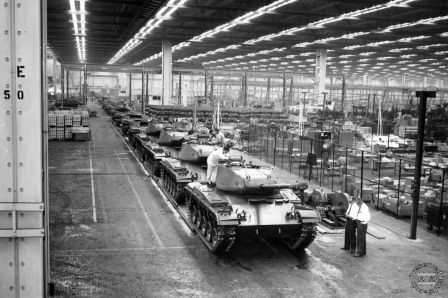Any of my faithful followers will know that I have been earning my Bachelor’s degree online for the last 2 1/2 years. Well, now I am done. If I could sing (which I can’t), and if I could dance (which I am only proficient at a small number of Civil War dances, and that really don’t seem to fit the bill), and if I could throw a party (oh, I am going to throw a party, anyway…) all those near me would be deafened by the Hallelujah Chorus and would perceive me as floating over the ground, as I would be dancing as hard as I could.
With an introduction like that, you would think I didn’t like college. In a way, you would be right. On the other hand, I greatly enjoyed my college experience, atypical though it may have been. This is a milestone post for me. This is my description of what I did, why I did it, and what I got out of it. This is my unique college story.
I earned my Bachelors Degree in a manner considered unusual by the vast majority of the population. I accumulated all but nine of the credit hours necessary to complete my degree through testing. For any who may not be aware, there are multiple services that offer online examinations, which if passed, may be transferred to colleges or institutions as potential credits for that course equivalent. For example, way back in 2010, (I guess that isn’t actually that long ago) I took a CLEP test for College Mathematics. It was the very first college testing that I attempted. (Worst first has always been my motto.) By the grace of God, I passed and did not have to take an online course for math at the college I eventually enrolled in. So that is how it works. Two and a half years of sitting on the couch studying for tests. All right, so that isn’t all I did. I worked with a good friend of mine doing remodeling off and on as well as some yard work for some other family friends, but basically, it was study. (Ironically, I hate studying, because you never know when you have studied enough. I like projects or assignments. You work until it is done, and then you don’t have to think about it again. With studying, you are never done studying until you pass the test. There is always something that you will not remember, so naturally, I find myself doing two years of it.)
Before I continue with my story, I must explain my mindset going into college. This mindset plays a very important part of why I did what I did. So here it is: Going into college, I did not want to go into college. This mindset stemmed from two fundamental facts about me.
Fact #1: I have problems being motivated to learn things that seem to be irrelevant to me. My classic example of this is algebra. I had a very hard time with algebra. It wasn’t because it was too difficult for me per say, but I saw no point to it; no practical outworking. Despite myself I built a wall in my mind and said, “This is not worth my time, I will not learn it!” (Which of course works out great for getting through high school, as we all know.)
Fact #2: I don’t know what I want to do with my life. The purpose of college, in my mind, was (and to a certain extent still is) to prepare you for what you are going to do with your life. If you have wanted to be a carpenter for as long as you can remember and at sixteen you could basically build a house because you had been working with your Dad for your entire life, then getting a Bachelors degree is not just a waste of money, it is a waste of time. Your goals can be met without it, so why bother? Conversely, if you don’t know what you want to be, why not wait until you do know what you want to do so that you don’t waste your time and money getting a degree that won’t help you? That was my mindset.
Now that we have my wonderful frame of mind established, we shall continue with the story. So here comes this unmotivated, grouchy person, all set to spend the next few years of his life studying, which he doesn’t like, subjects, which he finds irrelevant and uninteresting. The Dali Lama would say that my parents have “Acquired Much Merit”, but I will simply state that they gave me, and my bad attitude, grace out the wazoo. The scuffles and altercations over whether a college degree was worth the trauma of learning Sigmund Freud’s ideas on child development, etc. were for a time dramatic and regular.
Eventually, I came to the realization that I was doing this thing and there was no way out. I could put my best foot forward and take the terrible torture of higher education like a man, or make everyone else as miserable as I thought that I was. While I cannot say that during the study period I was ever completely and totally content, I found, much to my chagrin, that once I had resigned myself to the fate of learning, my eyes were opened to pools of knowledge that I was only barely aware of and never really interested in. I actually began to enjoy it, in some small degree. Now I could understand what was generally being discussed when a successful businessman friend spoke about the Federal Reserve’s management of inflation. When my family took it’s annual trip to the Book Fair the classics section had new meaning. New names stood out. I recognized others besides Shakespeare, Dickens, Austin, and Twain. I knew Collins, Irving, Malory and Johnson. (Perhaps that shows my terrible ignorance of literature.) I’m not saying I’m a “Renaissance Man”, or anything like it. I simply now have a slight appreciation for much more than I ever had before. As it turns out, this is exactly what my parents had been telling me all along. (Strange how often that happens.) I wasn’t getting the education because it was relevant. I was getting the education so that more things might become relevant.
It is a common misconception of mine that because I don’t know about it, it’s not there. Now before you go making too much fun of me for such an egocentric perspective, I think everyone suffers from it. For example, have you ever tried to do something and found yourself saying that you didn’t expect it to be as hard as it was? This is what I am referring to. You didn’t know what all was involved, so you assumed that everything you had thought of was all that was involved. All this to say, broadening my horizons and perspectives showed me how much more there was, which I had no idea about, in a very concrete and real way. Of course if you had asked me before college, I knew that I only grasped a tiny bit about anything, but now I KNOW that I only know a tiny bit.
So, I went through test after test, and book after book. While I had gotten past disliking the study for it’s own sake, it did eventually start to wear on me. It was right about the time that I had had about as much studying and test taking that I could stand that I finally enrolled in Thomas Edison Sate College, which is primarily a distance learning college. After such a long time operating with very few guides or benchmarks, the online classes allowed me to operate on an assignment basis. (Imagine that! Doing school assignments. Novel concept.) While the interface was somewhat new to me, and it took me a little while to get all my “T’s” crossed and my “I’s” dotted, I really started to enjoy my classes.
I took two classes, and found them both thoroughly engaging, but they were completely different, right down to the fact that one required interaction with other students and the other didn’t. These classes are only just now finished and I thought that I would explain them a little and what they were about.
War and American Society: This was the class which required no interaction with the other students. I must say that this class was more intrinsically enjoyable for me. There are several reasons for this, but before I give them to you, I will give my brief description of what the class was about. War and American Society is a study of United States history through the lens of the wars we were involved in. (If you have been following my blog at all, you have read most of my work for this class already.) Ironically, there aren’t very many significant gaps in the timeline in this kind of study. The subject material of this class was enjoyable for me because its whole purpose was to learn about American War history, which anyone who took a brief look at my personal library would attest is a passion of mine. In addition to enjoying the reading assignments, all I had to do was write one or two short essays a week. What? Write about something I enjoy? Twist my arm! Because there was no student interaction, the time involved for this class was minimal, relatively speaking, and I learned a great deal, enjoying every step of the way. (Who knew Henry David Thoreau was a post modernist? Anyone who had read him before? Oh well; it was new to me anyway.)
Liberal Arts Capstone: This class is a required course for all Thomas Edison State College graduates. It was designed to be the culmination of your area of study. Essentially, the course is simply a step-by-step process that takes you through writing a bachelor level (mini as I always called it) thesis paper. You were supposed to select a topic that was relevant to your current occupation or area of study. Mine, being history in general, with no specialization, was rather a large subject area. Almost anything I wanted. This class was much more of a challenge. While I would not say that I necessarily enjoyed it, it gave me satisfaction. I enjoyed certain aspects of it, and the challenge of doing something completely new and foreign to me was certainly a rewarding experience on many levels. The main feeling I have coming away from that particular class, however, is one of satisfaction with having completed, with significant help from a patient professor (AKA mentor, in Thomas Edison lingo), a project that would have been (or in reality was) very overwhelming to me. Special thanks to Dr. Haydel for working with me, and to my fellow students, whose discussion posts and conversations I often greatly enjoyed, and whose feedback I found most interesting and helpful. (Particularly Miss… Hmm, perhaps she should remain anonymous… with whom I somehow managed to discuss such wide and varying topics as religion’s role in the founding of the U.S., the pro’s and con’s of our family business model, and the basis of laws in morality vs. individual persons beliefs.) (I think we strayed off topic the most. Interesting conversations though.)
So, now it is all over. I’m done and off to work. In conclusion, I have decided that it was well worth the time and effort that was put into it. I do not necessarily think that my approach is the best for everyone (clearly not in many cases such as doctors, etc.), and I am not even sure that college in general is the best course for everyone. What I do know is that for me, it was the correct choice and that God drug me kicking and screaming, because it was the right thing to do. I am only done today because he wasn’t going to let me quit, stall, or fail. I can’t count the number of times I wasn’t sure if I was going to pass one of those infernal online tests; but somehow, God passed me on all but one. (And I’m not sure I deserved to fail that one, but that is a whole other story.) Finally, before I close, I want to thank my parents and my sister for all their support, understanding, and cattle prodding to get me to move along. It has been a wonderful, if trial filled, experience for me. I dare say it will help me in the future, even if I never have to worry about the law of diminishing returns, or what it was about Tintoretto that made him an important painter.
~Wyatt Fairlead







